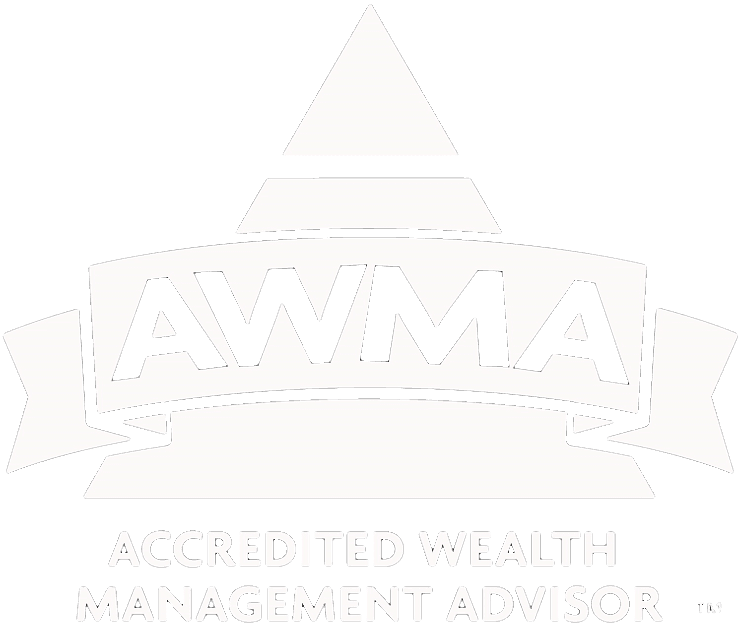
As a small business owner, you care about the future well-being of your employees. And just as you keep them safe in the workplace, you want to be sure you’re helping protect their future retirement as well. In doing so, it’s likely you’ve searched for effective avenues in helping employees (and yourself) contribute to their nest egg. If you're seeking alternative options to a formal profit-sharing plan, a SEP IRA (Simplified Employee Pension Individual Retirement Account) may be the answer.
With low administrative fees, flexibility and lower costs, here are five other facts employers (and self-employed persons) need to know about SEP IRAs.
1. SEP IRAs Differ From Regular and Roth IRAs
Traditional and Roth IRAs are opened by individuals, and are not operated through or sponsored by an employer. SEP IRAs, alternatively, are tied to your place of employment. A business owner, whether they have employees or are self-employed, sets up a SEP IRA account for employees and makes contributions to all accounts (including his or her own).
Setting up a SEP IRA can offer employers certain tax breaks and, like a traditional IRA, employees are not taxed on the contributions until funds are withdrawn.
2. Contribution Limits Are Higher
The deadline for making tax-deductible IRA contributions for a given tax year is usually April 15. For the 2023 tax season, regular and Roth IRAs have a contribution limit of $6,500 — or $7,500 for those 50 and older.
The SEP IRA, on the other hand, has a contribution limit for the 2023 tax year of $66,000, or 25 percent of the employee’s income, whichever is less.
The SEP IRA can be opened and funded after the tax year ends up through any tax filing extension. SEP IRAs provide a flexible way for employers to look at the end-of-year company financial state and make SEP IRA contributions accordingly. Just like other pension plans at larger companies, employees do not contribute to the SEP, only the employer is permitted to contribute.
3. SEP IRAs Have Certain Eligibility Requirements
In order to be eligible to participate in an employer-sponsored SEP IRA, employees and business owners must:
- Be 21 years of age or older
- Have worked for the employer in at least three of the previous five years
- Have earned at least $750 from the employer during 2023 ($650 in for 2021 and for 2022, and $600 for 2019 and 2020)
An employer may choose to be less restrictive in their eligibility requirements, however, they cannot be more strict than the requirements listed above.
Also, be aware that the employer must contribute equally to all eligible employees. If you are a business owner and make a contribution to your SEP IRA account, you must also make the same percentage contribution to your eligible employees’ accounts.
4. You Can Exclude Certain Employees From SEP IRA Contributions
There are certain instances in which employees within your company may be excluded from your SEP IRA plan. According to the IRS, these include:
- Those who are part of a union agreement and/or their retirement benefits are a result of collective bargaining.
- Nonresident alien workers who receive no compensation from the employer.
Employees who do participate in an employer-sponsored SEP IRA are 100 percent vested in their SEP IRA accounts. Whatever the employer contributes immediately belongs to the employee. The funds can be transferred directly or rolled over into other IRAs.
5. You Must Begin Withdrawing From Your SEP IRA at Age 73
Just like regular IRAs, you must begin taking required minimum distributions (RMDs) when you reach age 73 (or 72 if you reached age 72 in 2022 or earlier). However, with recent legislation changes from the SECURE Act, contributions can continue to be made to your SEP IRA with no age cap for as long as you continue working with that employer.
Early withdrawals (before age 59½) are generally subject to a 10 percent tax penalty, although there are certain scenarios in which individuals may withdraw from their SEP IRA penalty-free. These instances include:
- Death of the accountholder
- Disability
- Certain higher education expenses
- A series of substantially equal payments
- Up to $10,000 for first-time home buyers
- Certain qualified unreimbursed medical expenses
- Health insurance premiums while unemployed
- Qualified members of military reserves called to active duty
- As a result of an IRS tax levy
If you have a small family business or a limited number of employees, the SEP IRA has many of the features of a regular IRA, and the contributions are subtracted from your taxed income. A big advantage is the large amounts you can set aside for retirement, and SEP IRAs can be an incentive that helps attract and retain good employees.
Setting up a SEP IRA is a simple and inexpensive option to help you and your employees build a nest egg. You can open a SEP IRA with low (or no) annual account fees.
If you're not sure if SEP IRAs are good for you and your business, whether you are self-employed with a solo business or you have employees, Escient Financial is available to help. Go ahead and...
This content is developed from sources believed to be providing accurate information. The information in this material is not intended as investment, tax, or legal advice. It may not be used for the purpose of avoiding any federal tax penalties. Please consult legal or tax professionals for specific information regarding your individual situation. The opinions expressed and material provided are for general information, and should not be considered a solicitation for the purchase or sale of any security. Digital assets and cryptocurrencies are highly volatile and could present an increased risk to an investors portfolio. The future of digital assets and cryptocurrencies is uncertain and highly speculative and should be considered only by investors willing and able to take on the risk and potentially endure substantial loss. Nothing in this content is to be considered advice to purchase or invest in digital assets or cryptocurrencies.
Enjoying Escient Financial’s Insights?
The weekly newsletter is usually delivered to your email inbox Friday or Saturday, and includes:
- the latest Escient Financial Insights articles
- a brief of the week's important news regarding the markets
- recommended third-party reads
- selected Picture of the Week
Escient Financial does NOT sell subscriber information. Your name, email address, and phone number will be kept private.
















